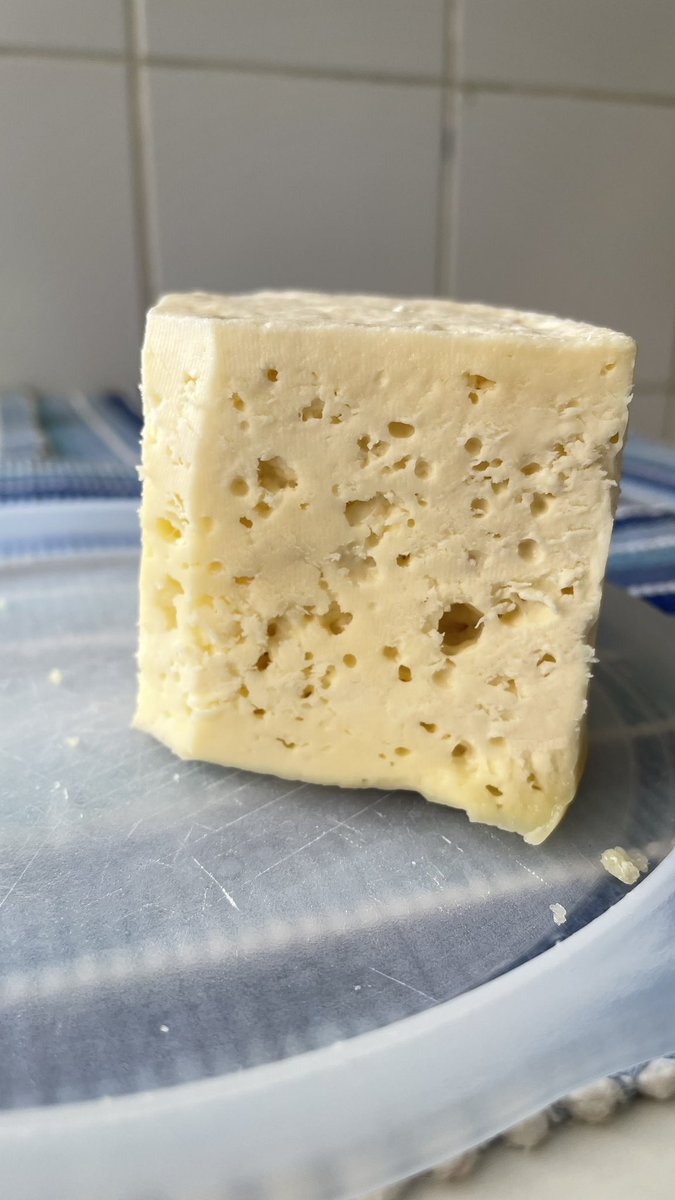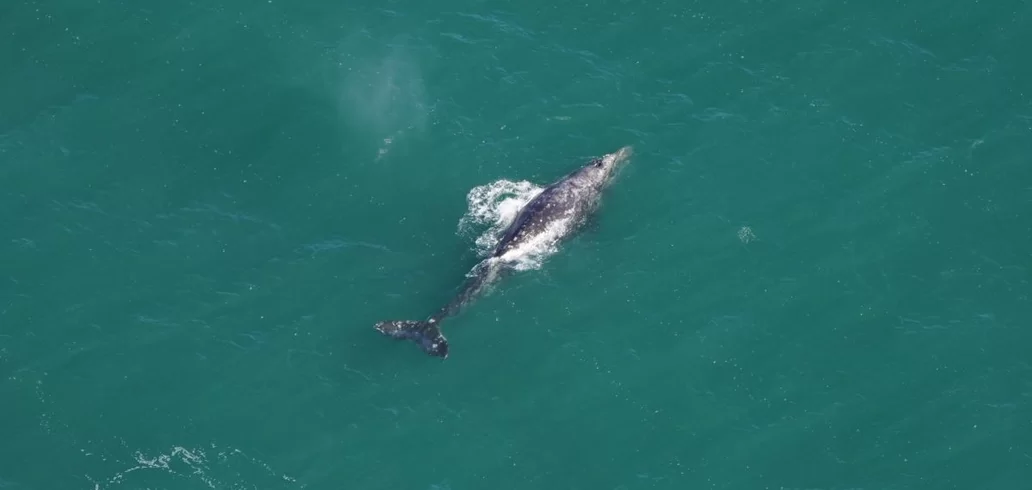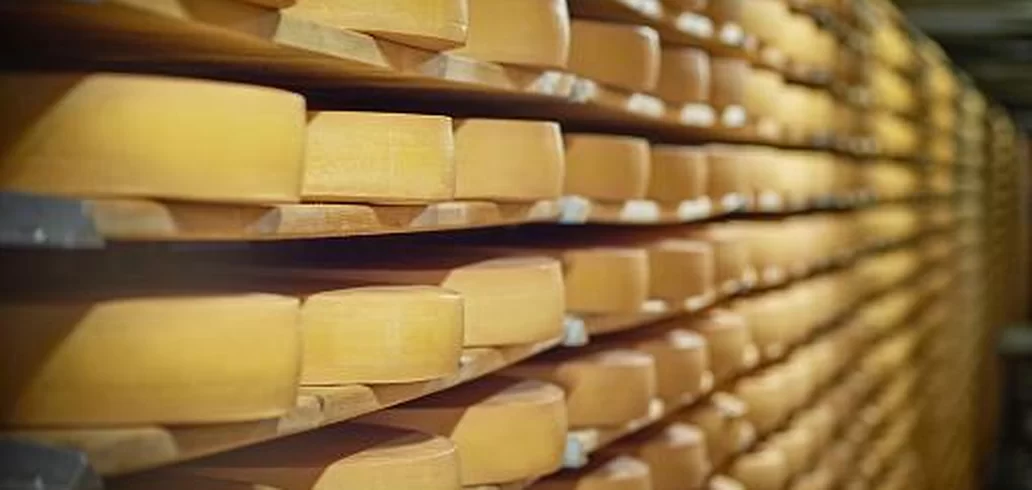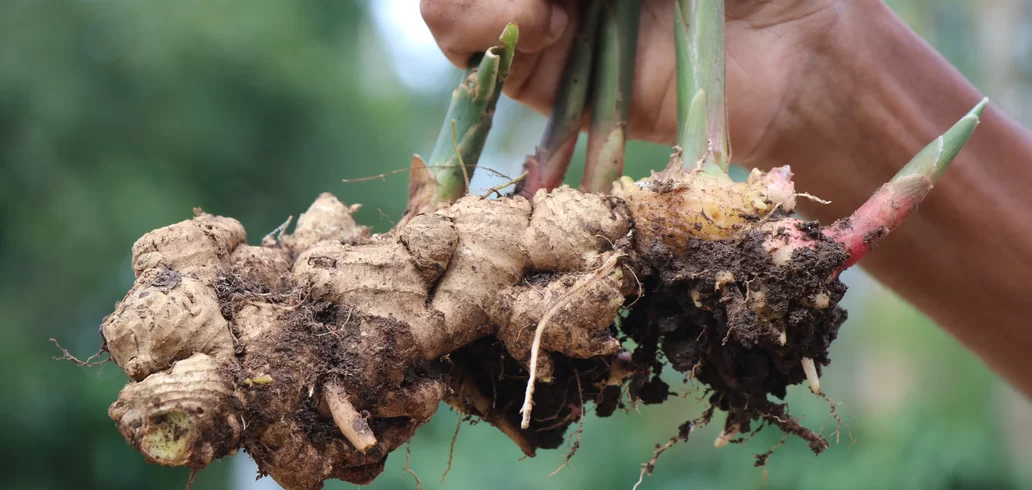Curiosities
The Truth About “Holes” in Cheese: Contamination or Natural Characteristic?
Advertisement
Despite the exaggeration, it is understandable that people are concerned about food safety, especially when it comes to artisanal food production. However, the association between “holes” in cheese and contamination is not a universal rule.

The Truth About “Holes” in Cheese: Contamination or Natural Characteristic?
First of all, it is important to clarify that the production of any type of cheese involves the presence and manipulation of bacteria, such as Lactobacillus, Streptococcus and Lactococcus. These microorganisms play a crucial role not only in the acidification of the milk, but also contribute to the final flavor and texture of the product.
There are cheeses that are naturally produced with “holes”. This is the case of varieties such as Gruyère and Emmental, which are made with propionic bacteria found in nature. These bacteria ferment lactic acid and propionic acid, generating acetic acid and carbon dioxide as byproducts, which are responsible for the formation of the characteristic holes in this type of cheese.

The Truth About “Holes” in Cheese: Contamination or Natural Characteristic?
On the other hand, in fresh cheeses, such as Minas Frescal cheese, the excessive presence of “holes” may indicate contamination by coliform bacteria or pathogenic staphylococci. These groups are capable of fermenting lactose and producing gases, resulting in the holes found in cheese produced under inadequate hygiene conditions.
Therefore, the mere presence of “holes” in the cheese should not automatically be associated with contamination. This concern is only justified if the holes are very close to the surface and are large and irregular, without a defined shape, as exemplified above.

The Truth About “Holes” in Cheese: Contamination or Natural Characteristic?
To avoid consuming contaminated cheese, it is crucial to adopt strict hygiene practices, both in the industry and in rural production. In addition, consumers should check whether the cheese they purchase has a certificate of origin, such as the SIF (Federal Inspection Service) and is registered with the Ministry of Agriculture, Livestock and Supply (Mapa). In the case of artisanal cheeses, it is important to check the origin, the quality seal and, in particular, pay attention to the “holes”. If these are large or irregular, they may indicate potential risks of contamination.
Trending Topics

How to choose an app to track your cell phone: Step by step
Find out how to choose a cell phone tracking app with our complete guide. Explore features, pros, and cons.
Keep ReadingYou may also like

Different multinationals, the same strategies: the pillars that support the world's largest companies and their vacancies
Discover how to find jobs at major multinationals like Amazon, FedEx, UPS, and Cognizant, with real growth opportunities.
Keep Reading


